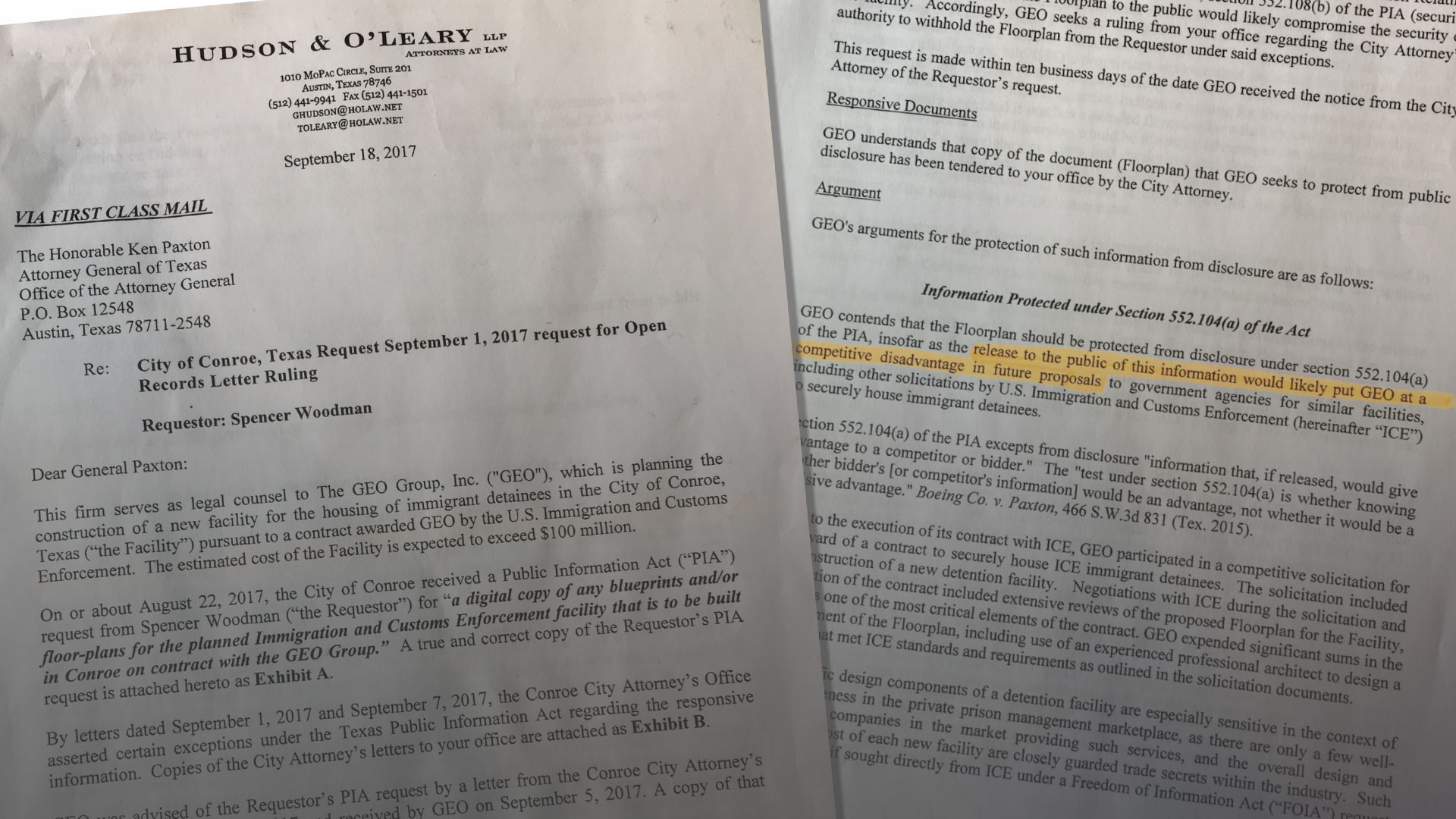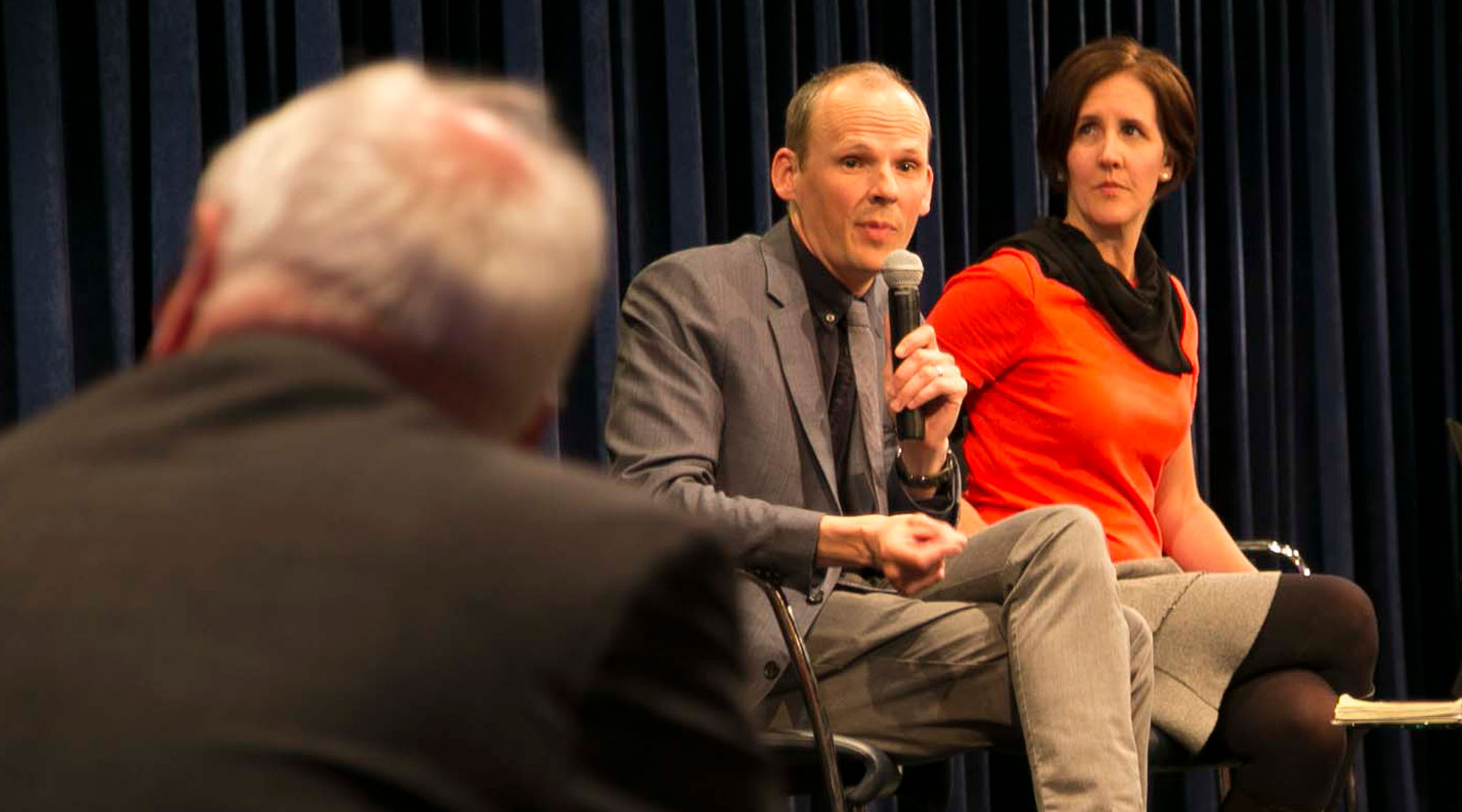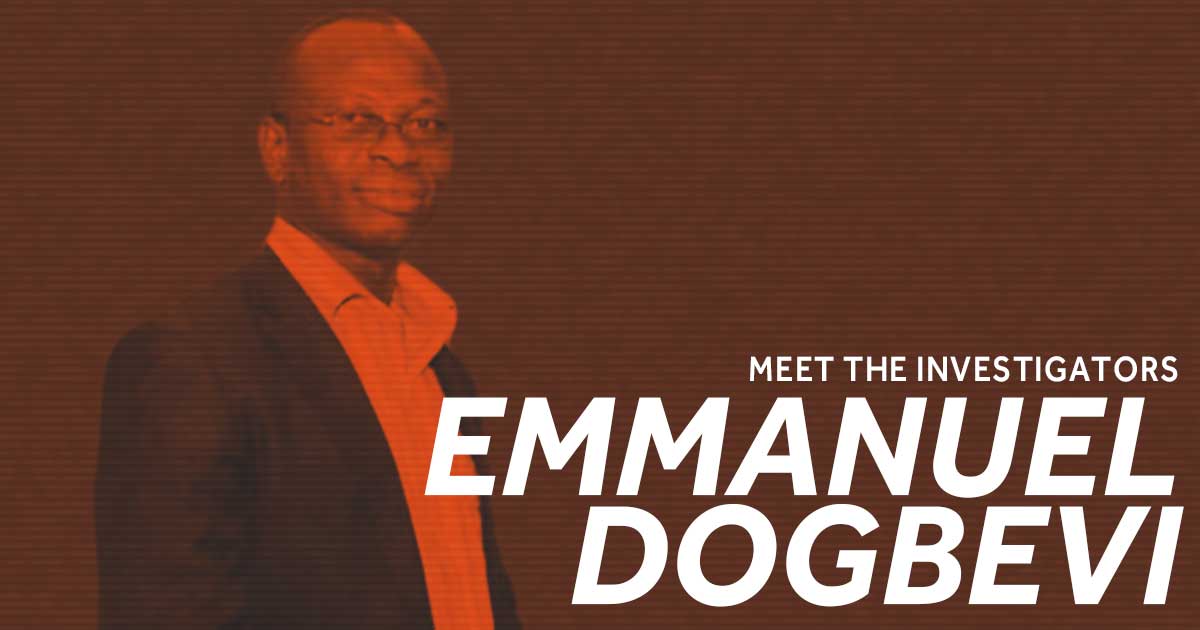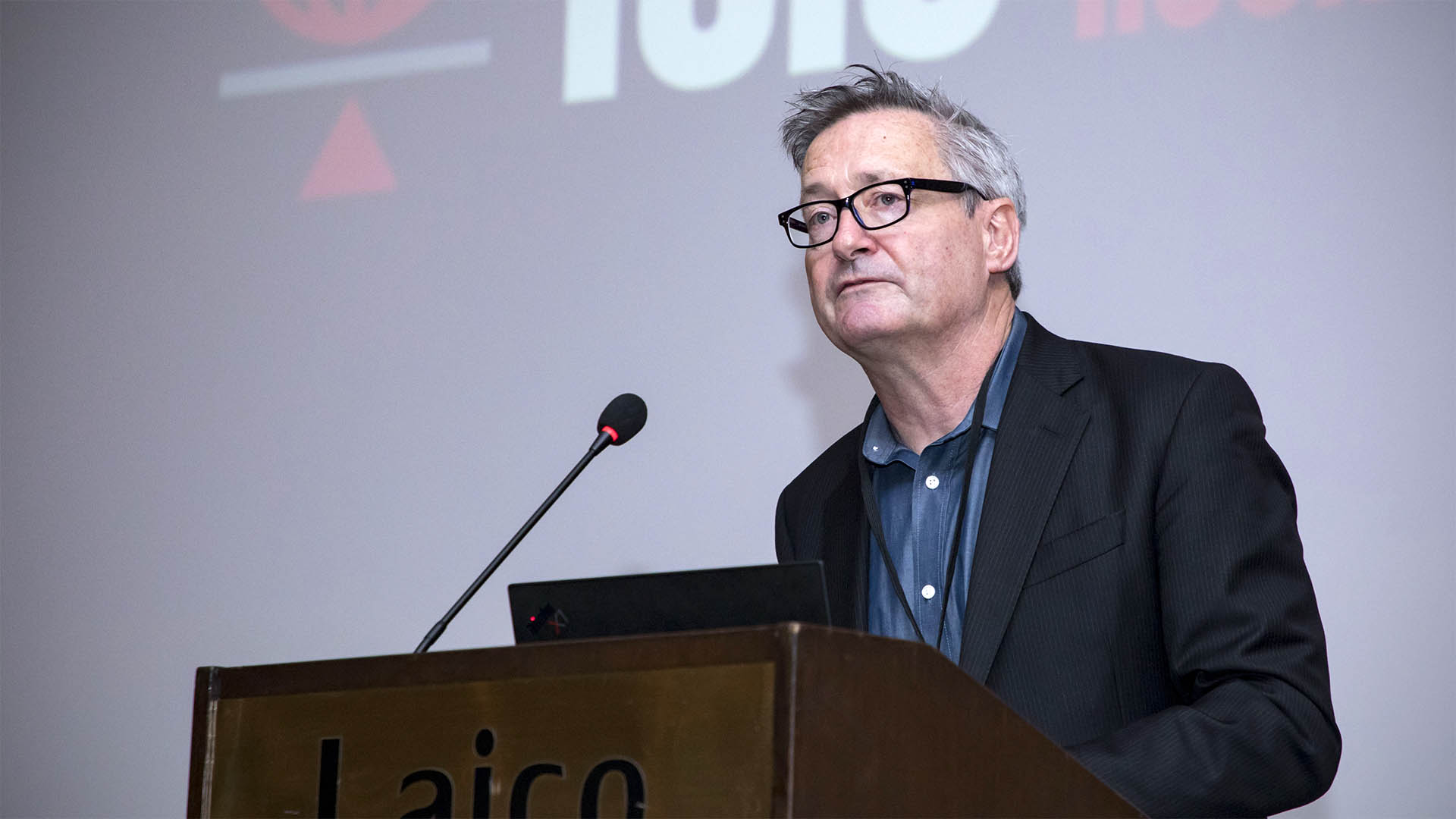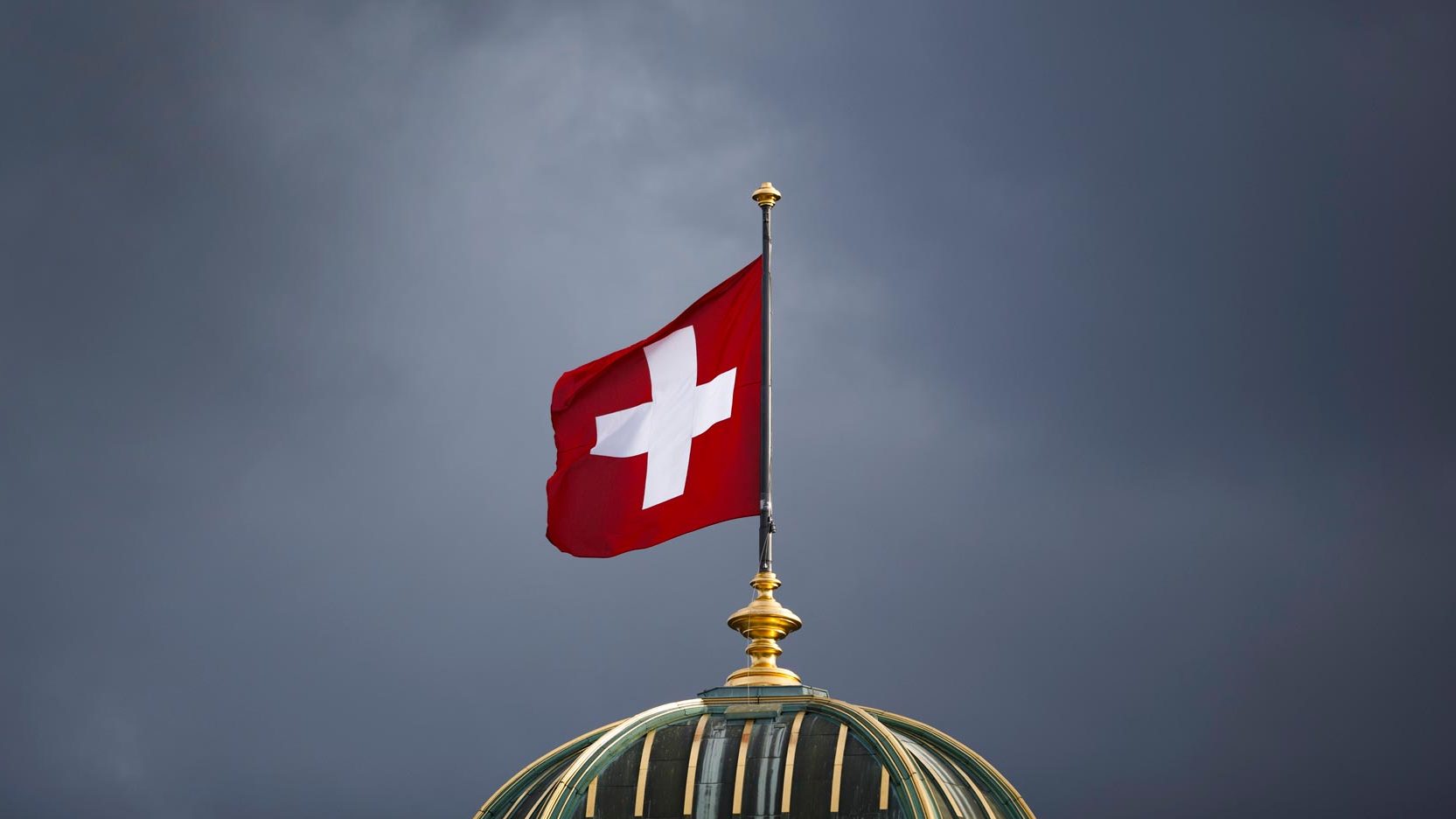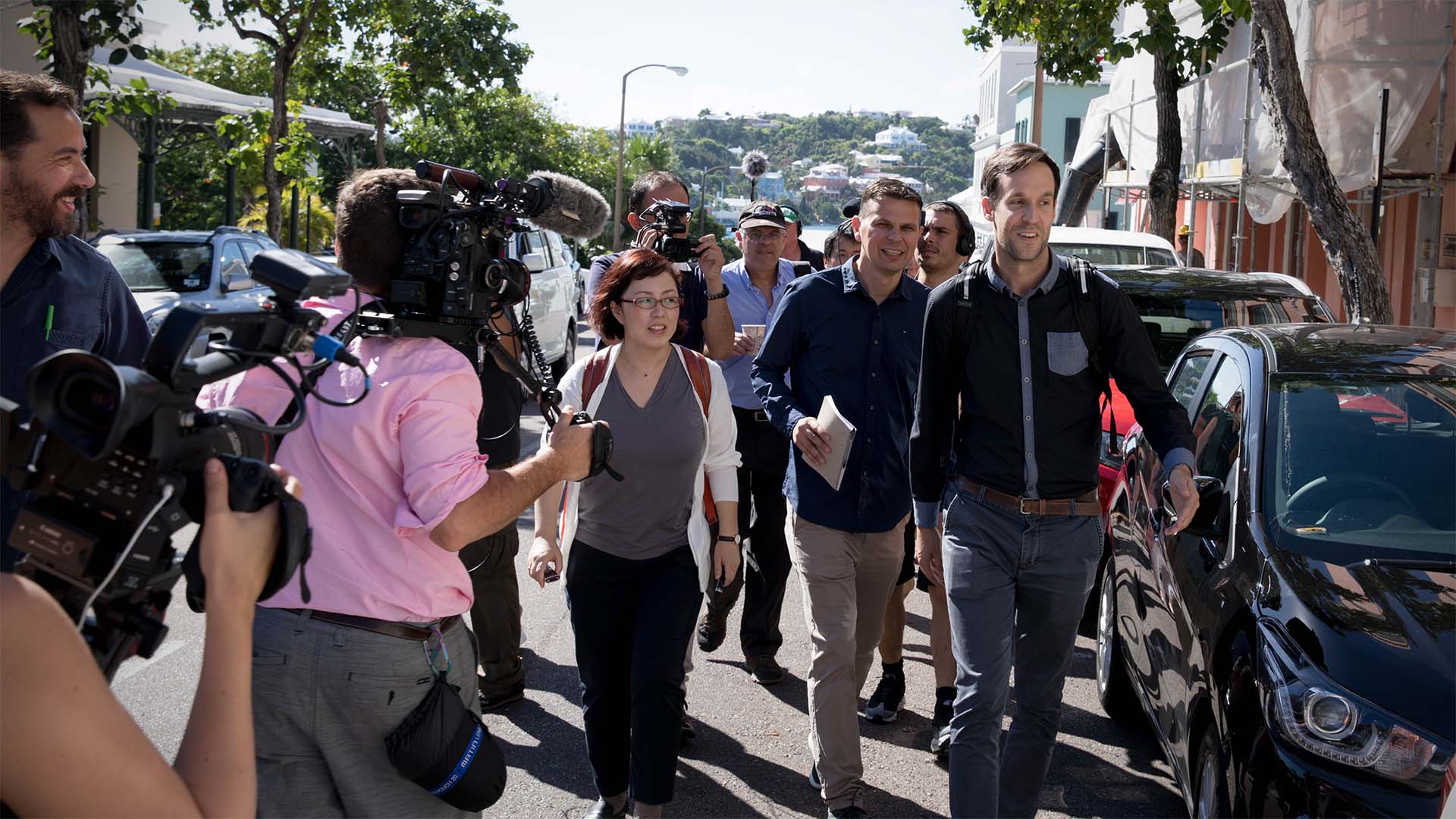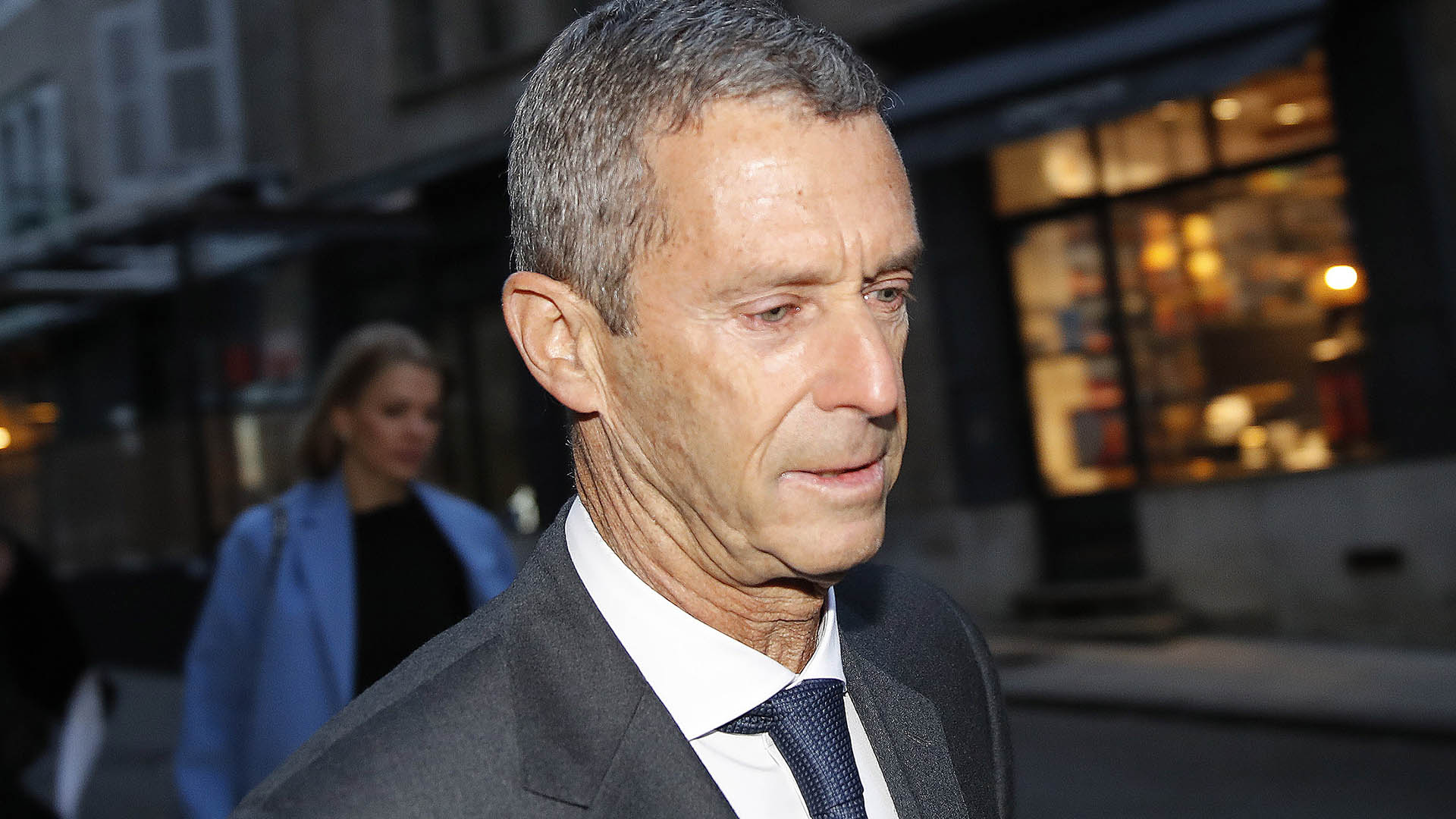When lawyers from banking giant HSBC faced off against reporters from the Guardian prior to the publication of the Swiss Leaks investigation in 2015, their initial approach was to threaten the journalists with an injunction.

As former head of the Guardian’s investigations unit David Leigh recounts, the lawyers’ tones changed once they discovered the breadth and depth of the journalistic investigation.
This edited excerpt from Leigh’s new book, Investigative Journalism: A Survival Guide, tells the behind-the-scenes story of the investigative collaboration between the Guardian, the International Consortium of Investigative Journalists, Le Monde and more than 40 other media outlets on a trove of leaked files detailing the clients and the inner workings of HSBC’s private Swiss branch.
—
Following the success of the Offshore Leaks and Luxembourg Leaks investigations in 2013 and 2014, the ICIJ team went on next to crack open the activities of a Swiss bank.
This time it was reporters from Le Monde in France who decided to share their riches with other journalists. The leaked files in question had passed from a Swiss whistleblower, Herve Falciani, to the French tax authorities – who had done very little with it. This was no doubt for reasons of political embarrassment connected with the French names that appeared on the list.
The material had then found its way to Le Monde, who realized it had global possibilities – and indeed needed global resources that would unlock it. The data was a series of 30,000 customer records at a Swiss bank operated by the giant British firm, HSBC. The clients came from all over the world and the files revealed their identities, their interactions with the bank and the amounts in their accounts. Like the British Virgin Islands, Switzerland’s stock-in-trade is financial secrecy – Swiss bankers can go to jail for revealing any of this information. As a result, their banks are magnets for tax-dodgers, corrupt politicians and criminals.
Following a joint meeting of the intended collaborators in Paris, the Guardian led on the British end of operations: this was where HSBC was headquartered. I was called in by the paper to run a team assembled from business reporters, the core investigative team and outside experts. Our remote link to ICIJ was through an online database where the leaked files were available for journalists to peruse.
As with previous investigations, using technology to make the vast data trove searchable was once again the key: it enabled us to demonstrate potential wrongdoing by the bank’s officials. We were able to extract lists of customers from Britain and high-tax countries in Scandinavia, who would leave the bank in Geneva, and head home with their briefcases bulging with “bricks” of untraceable cash in their local currencies.
Similarly, we were able to collate files showing that when the EU sought to impose a general withholding tax on Swiss accounts, the bank systematically offered to help its customers circumvent it by switching their money into new accounts in the name not of individuals, but of offshore companies. People in the bank were well aware that it was a haven for tax-dodgers.
The bank was therefore trying to protect itself from its own angry customers by in turn, threatening us.
The most delicate task we carried out in London for ICIJ was to negotiate with HSBC. It demonstrated once again that, for investigative reporters, finding things out is only half the problem. The other half is the problem of successful publication. As soon as we asked a long list of customers why they had Swiss accounts, those alarmed clients rushed for their own lawyers. The bank’s hired legal team began to utter ferocious threats to the Guardian and the ICIJ, trying to prevent publication. In dealing with this, we were to benefit from basic survival lessons learned over years of investigative journalism.
We realized that many of the account-holders were protesting to the Swiss bank that the bankers were not keeping secret their financial information, as advertised. This carried the implied threat that they could sue HSBC for failed security if we published. The bank was therefore trying to protect itself from its own angry customers by in turn, threatening us. The answer was not necessarily to embark on a legal fight to the death with HSBC: it was to reassure the bank.
We explained carefully to HSBC that we were happy to promise not to disclose any details of their individual customers – unless we found actual evidence of wrongdoing. From the bank’s point of view, this was indeed reassuring. They could promise legitimate customers that nothing would be made public. The selected crooks and tax-dodgers that we proposed to identify, on the other hand, would be not at all likely to put their heads above the parapet by launching public lawsuits.
As for the bank’s own position, we were able to explain to HSBC’s public relations team that they would not save the bank’s reputation by getting a U.K. legal gagging injunction against the Guardian. On the contrary, that would merely provide a bigger and better story – about the attempt at a cover-up – and it would be unstoppably published all round the world by ICIJ and their other foreign partners. Surely, it would be much better for the bank to say how shocked they were to discover unsavory goings-on by their customers, and promise to tighten up…? They saw the point.
Investigative Journalism: A Survival Guide was published in September by Palgrave Macmillan.
The book draws upon David Leigh’s four decades of reporting experience to shed light on the art of investigative journalism, from dealing with legal bullies and intelligence agencies, to withstanding conspiracy theories and negotiating with media bosses. Leigh, one of ICIJ’s founding members, also takes readers behind the scenes of some of the biggest news events of the past 40 years, including working on investigations with WikiLeaks, Edward Snowden and ICIJ.

